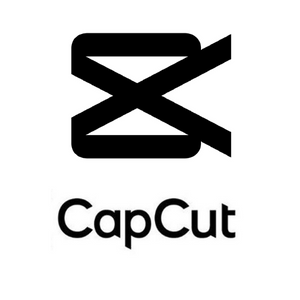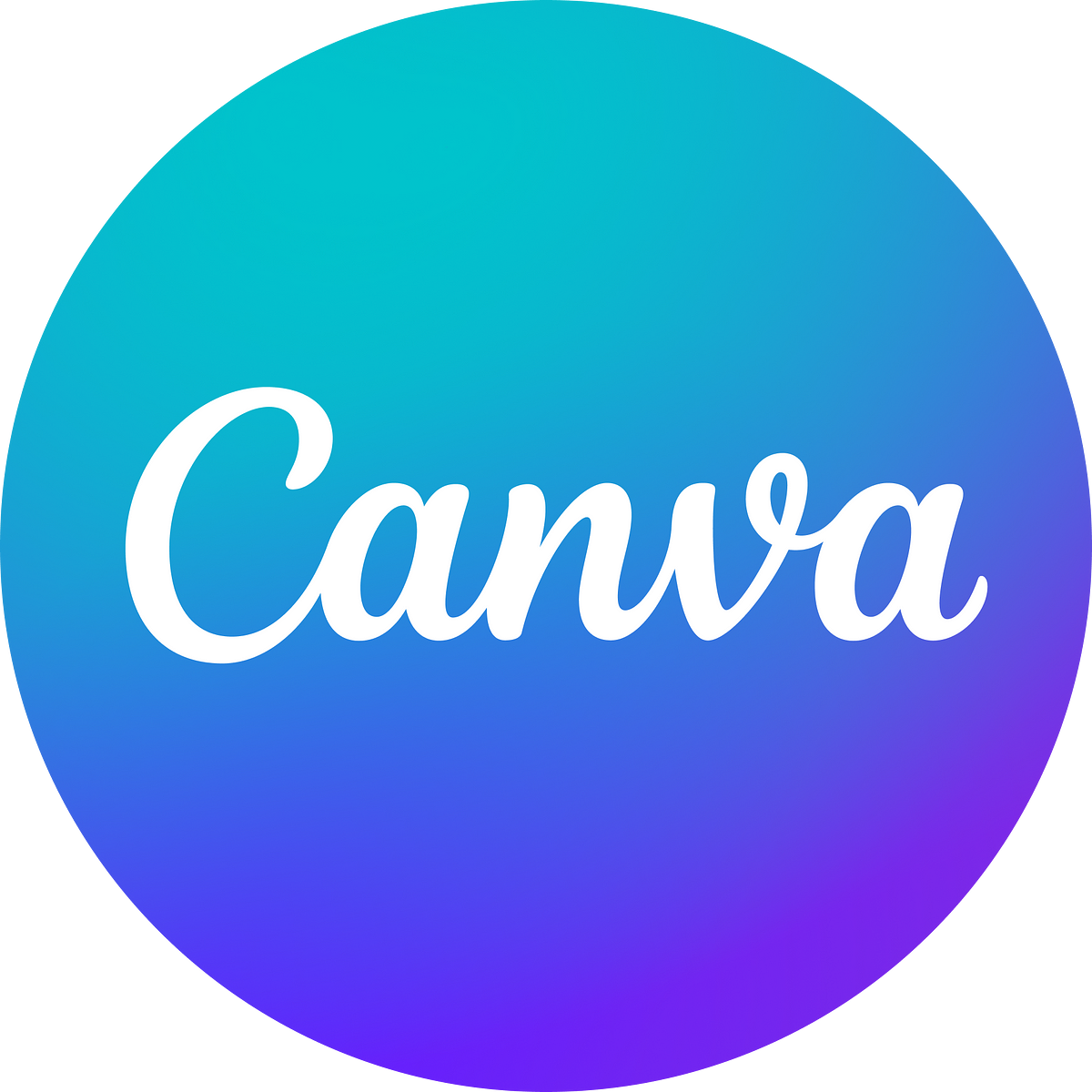7 Best AI Tools for Actors (With Use-Case Examples)
As actors, our first thought when it comes to AI is, “Will it replace me?” It’s a reasonable concern; however, AI is not going anywhere. So why not learn to tame the AI beast?
There are a variety of AI use cases for actors. We just have to think outside the box and realize that AI is saving so much time for professionals in every industry. Why should ours be any different?
While there are numerous tools actors should have in their arsenal, in this article, we’re going to focus on 7 of the best AI tools for actors.
For Each Tool, I’ll cover the following:
- What the tool is
- How the AI tool can help Actors (AI use Cases for Actors)
- Pricing Plans
- Overall pros and cons
AI Tools For Actors
Let’s dig into 7 AI tools that can help give your acting career a little extra sparkle!
I like to think of it as AI for actors, rather than AI against actors. We can be friends with AI, right? I’ve been using AI tools in my acting career and I absolutely love how much time I can save.
If we’re going to pursue acting in the age of AI, we kind of have to be AI savvy, to some extent, in my opinion. Anyway, let’s dive in!
By the way, this list is not in any particular ranked order 🙂
1. ChatGPT
It’s arguably the most well-known AI tool out there and for good reason. I use ChatGPT daily for tasks outside of acting, and the paid version is well worth it to me. The free version can give you tons of value too.
Actors can use ChatGPT’s advanced AI conversational model, to dig into audition scripts, create scenes, or even get creative suggestions for character development.
Key Benefits for Actors:
- Use prompts to spark creativity and explore character dynamics
- Generate ideas for backstories, character traits, or potential plot developments
- Easily generate images for social media
- Efficiently draft social media posts or agency cover letters
- Conduct market research for events, classes, and networking opportunities
- Break down any acting method and quickly understand its application
Pricing

Chat GPT
There is both a free and a paid plan. ChatGPT’s paid subscription plan is called ‘ChatGPT Plus’ and costs $20 per month.
Pros
Cons
ChatGPT is a versatile tool for actors looking to save time when researching characters or coming up with ideas for how to tackle an audition.
It can be used to write unique monologues and scenes for actors to use for practice or even for creating their own demo reel clips.
The paid version is required to access the web and conduct real-time market research on networking events or acting classes. It also integrates with Dall-E 3 which allows you to generate stunning images in seconds.
When it comes to AI tools for actors, ChatGPT is a must-have.
2. Grammarly
I can’t count how many times Grammarly has saved me from mistakes in my emails and communications with my Agent, Acting Coaches, and other industry pros. It’s useful for writing tasks outside of acting as well.
Actors can use Grammarly to improve their communication skills, write clear and compelling scripts or emails, maintain their unique voice in written documents as well and avoid embarrassing errors.
It integrates seamlessly with various writing platforms, providing real-time suggestions for improvement.
Out of all the AI tools for actors, Grammarly, in my opinion, has some of the best free features for improving writing.
Key Benefits for Actors:
- Enhances clarity and engagement in communication
- Provides personalized suggestions for writing style, tone, and vocabulary
- Helps avoid grammatical errors and typos in scripts, emails, and social media posts
- Assists in maintaining consistency in the character’s dialogue and personality when writing your own scripts

Grammarly
Grammarly has a tiered pricing plan for monthly and yearly subscriptions.
- Free
- Premium (30$/month)
- Business (25$/month)
Pros
Cons
Grammarly is a fantastic tool for actors at any stage of their career, helping ensure their written communication is professional, clear, and engaging.
While there is a cost for premium features, the free version is enough if you’re just trying to avoid errors and mistakes.
3. ActingPal
ActingPal is a helpful AI-powered rehearsal app that makes it easier for actors to run scenes and record self-tapes without needing a live reader. It brings several practical tools into one place to support line practice and audition prep.
Actors can upload scripts and have the dialogue extracted automatically for quick setup. The app offers 42+ realistic AI voices across different genders, ages, and accents, and you can rehearse in cue mode for responsive reads or non-stop mode with timed breaks.
Acting Pal also includes a memorisation option that converts words into first-letter prompts and a customizable teleprompter for on-screen support.
When it’s time to tape, you can record and edit your audition directly in the app.
Key Benefits for Actors:
- Streamlines solo rehearsal by providing a responsive AI scene partner
- Supports line memorization through first-letter prompts and teleprompter tools
- Helps actors rehearse pacing through both timed and cue-based modes
- Keeps audition prep contained in one app with built-in self-tape recording/editing
ActingPal
ActingPal currently has one simple pricing tier of $9/m which includes all of their features.
Pros
Cons
ActingPal already covers most of what actors need for solo rehearsal, and the upcoming improvements, including a smoother iOS version, better voice controls, and a more natural Cue Mode, should make the experience even stronger, especially for anyone exploring AI tools for actors.
4. CapCut Video Editor
CapCut is an easy-to-use video editing solution actors can take advantage of to enhance their portfolios, edit together their self-tape auditions, and even produce personal projects.
There are so many AI tools for actors to edit videos, but Capcut is one of the simplest to use in my opinion.
Its suite includes advanced AI-driven tools that simplify complex editing tasks, making professional-quality video production doable for some of our less tech-savvy creatives.
Key Benefits for Commercial, TV, and Film Actors
- High-quality video editing for demo reel clips and self-tape auditions
- AI tools like background removal and color correction improve visual aesthetics
- Features like image upscaling enhance low-resolution footage
- Actors can collaborate with teams, enhancing group projects

CapCut Video Editor
You can use most of the features you need as an actor for free.
There are paid plans that begin at $7.99/month
Pros
Cons
I have mostly used iMovie on my MacBook Pro for editing my self-tapes, but I’ll probably start using this a lot more now. It has more features than iMovie and as a YouTuber as well, I think it’s a better fit.
5. Notion AI
When we think of AI for actors, we don’t always think of productivity. Notion AI is a productivity tool that can be tailored to meet the unique needs of actors who need help being organized. Is that you? Then give Notion a shot!
By creating a dedicated workspace, actors can organize scripts, schedules, audition trackers, and contacts, all in one place.
Key Benefits for Actors
- Keep scripts, audition trackers, and contact information neatly organized
- Share and collaborate on documents with agents, scene partners, and other stakeholders
- Integrate with other tools and apps like Google Drive, Evernote, and Trello
- Tailor the workspace to meet personal or project-specific needs
- Access the workspace anytime, anywhere, on any device
Notion AI
Notion has a freemium model.
The AI add-on can be added to any of its primary plans for $8/month.
Pros
Cons
If you’re all about productivity and being organized, Notioan AI is one of the best productivity AI tools for actors.
6. Canva Magic Studio
I’ve been using Canva for many years, and it’s just so fun and easy to use. Canva recently released a new product called Canva Magic, which is packed with AI features like image generators and AI writers.
This incredible design tool can help actors create personalized marketing and branding materials for their websites, portfolios, or social media content. When it comes to design, it’s one of the best AI tools for actors out there.
Key Benefits for Actors
- Easily create personalized marketing materials to build a recognizable brand.
- Showcase materials through professionally designed portfolio assets
- Design eye-catching promotional materials for upcoming shows or appearances.
- Create engaging posts to connect with audiences on various social media platforms.

Canva Magic Studio
Canva Magic falls under Canva’s pricing structure. The tool can be accessed for free, but for more advanced features, actors can opt for a paid plan. Canva Pro is priced at $12.95 per month.
Pros
Cons
Out of all the AI tools for actors, Canva is one of my favorites, and I use it frequently for my content creation efforts in and outside of my acting career activities. Its free version alone can add tremendous value to your acting career toolkit.
7. CastMagic
CastMagic is an AI-driven tool designed to streamline the post-production process by transforming your completed digital projects into various forms of content.
With CastMagic, an actor can upload an audio file (MP3 or a YouTube link), and the tool will automatically generate transcripts, timestamps, summaries, quotes, and social media content, among other assets.
This could be especially beneficial for actors who may have podcasts or other audio content that they want to promote and share across different platforms.
Key Benefits for Actors
- Provides a platform for actors to turn their audio content into various formats like transcripts, summaries, tweets, social posts, and more, which is crucial for reaching a wider audience and promoting their work.
- With its automated content creation features, CastMagic minimizes the manual effort required to generate promotional content, allowing actors to focus more on their core activities.
- Offers a user-friendly interface that doesn’t require technical expertise, making it accessible for actors who may not be tech-savvy
- Features like Magic Chat allow for the generation of promotional content that can help actors in marketing their work or engaging with their audience
- It supports over 60 languages

CastMagic
CastMagic offers several pricing tiers based on the amount of audio content processed per month:
- Hobby: 200 minutes per month for $39/month
- Starter: 500 minutes per month for $99/month
- Rising Star: 1500 minutes per month for $299/month
Pros
Cons
Final Thoughts on AI Tools for Actors
Acting in the age of AI will change the way actors prepare for roles and how they pursue this exciting career. There’s a strong potential use of AI for actors to streamline their acting career activities.
Personally, I’m not too worried about AI replacing actors. While it’s a valid concern, I think understanding how to use AI to our advantage is the best way to be prepared for this rapid change in the industry.
There are still so many AI tools for actors to try out, and I’ll continue to explore them and share them on this platform so you can become an AI-powered actor!
Frequently Asked Questions
What are the Best AI Tools for Actors?
The best AI tools for actors are the tools that allow you to save time. ChatGPT for example, allows you to write scenes and do character and script analysis, all within seconds. Canvas’ AI features let you craft high-quality visuals for your portfolio and social media accounts.
Will AI Replace Actors?
Productions still rely heavily on the skill and performance of actors. Is it possible that actors will be more AI in the future? Sure, but the best way for actors to combat being replaced is to understand the tools and learn how to use them to our advantage in the pursuit of an acting career. SAG-AFTRA has also been fighting for protections against AI being used to replicate actors without their informed consent.






